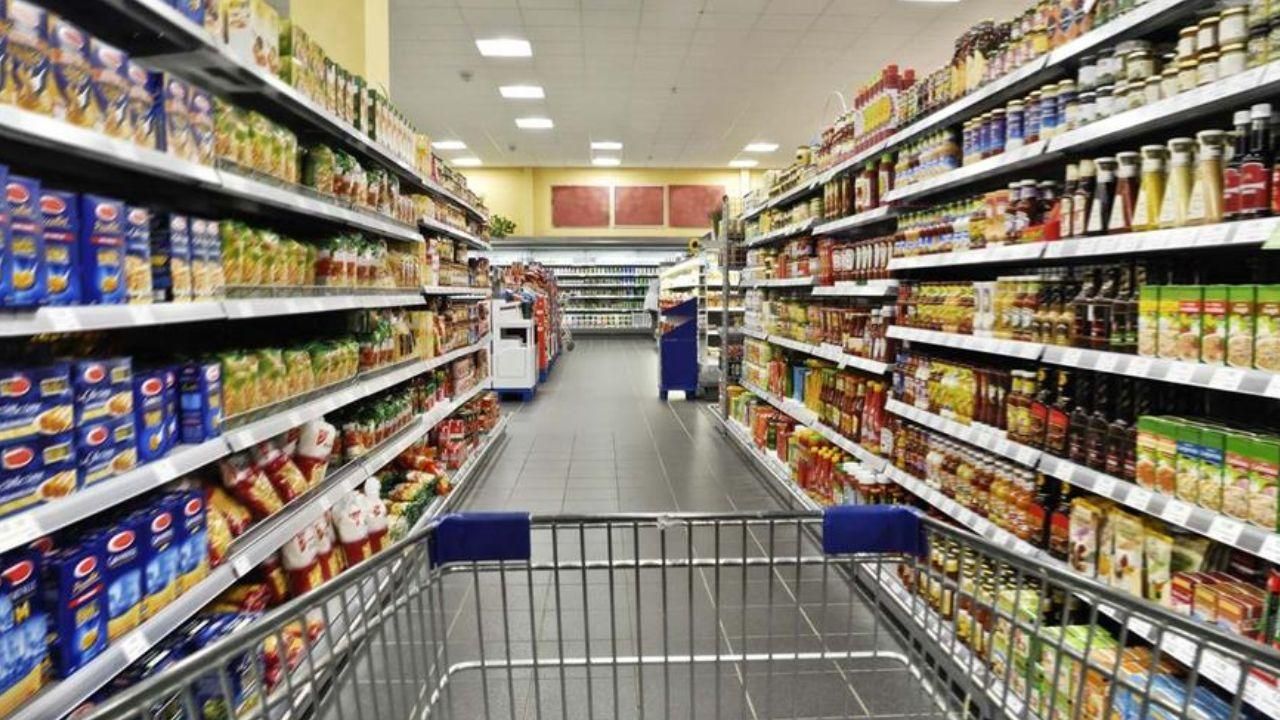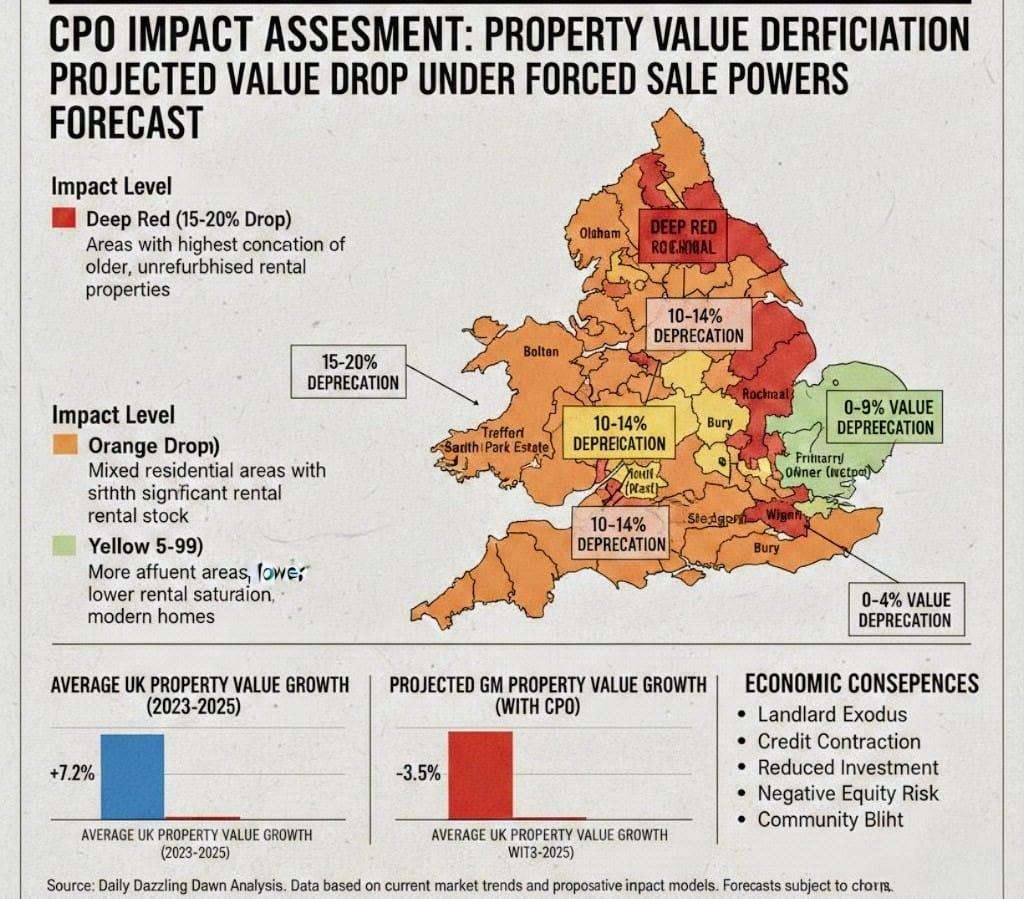Tesco has boosted its market share to the greatest point in seven years as retailers try to control expansion in the face of persistently rising inflation.
The biggest retailer in Britain currently holds a 28 percent market share, up more than 0.5 percent from this time last year, according to fresh data.
Meanwhile, other supermarket giants such as Sainsbury's enjoyed a 0.4 per cent increase in market share to 15.2 per cent, following a strong quarter which saw sales rise by over five per cent.
Online retailers are also experiencing sustained growth as consumers continue to steadily turn towards favouring the convenience of delivered grocery items.
It comes as households continue to tighten their wallets, with inflation rising to 2 per cent last month despite the cost of some household essentials falling.
The new figures, released by market analysts Kantar, show that almost a quarter of UK households [22.1 per cent] now grocery shop online, with the online market expanding by a staggering 3.5 per cent in just 12 weeks.
This push towards online shopping was highlighted by food delivery company Ocado, who were named the fastest growing grocer for the eighth month running thanks to a huge 10 per cent increase in sales over the previous 12 weeks.
Discount chain Lidl saw spending through its tills climb by 8.8 per cent which brought its market share up to 8.1 per cent, while fellow budget grocers Aldi were named Britain's fourth most popular supermarket chain, capturing 9.8 per cent of the market.
Rival chains Morrisons [8.6 per cent], Waitrose [4.6 per cent] and Iceland [2.2 per cent], held steady in their market share rates on this time last year.
Also mentioned in Kantar's report was the continuation of price rises on the majority of supermarket goods.
Just a matter of week's away from the Chancellor of the Exchequer's Autumn budget, the average price of groceries rose by 2 per cent during the four weeks leading up to September 29th.
This continued rise is up from a 1.7 per cent increase in August, as UK households continue the bare the brunt of food inflation.
In an attempt to combat rising prices, data shows that consumers are turning to promoted items on supermarket shelves to help alleviate the strain on their wallets.
During September, sales for these items rose sharply by 7.4 per cent. Conversely, sales for full priced items rose by just 0.3 per cent.
Over the same period, the overall take-home sales accumulated by grocers rose by 2 per cent.
The supermarket goods which are rising sharpest in price are chilled soft drinks, chocolate confectionary and skin care products.
However, in some welcome news for consumers, the prices of some products such as kitchen roll [6 per cent], dog food [4 per cent] and cat food [3 per cent] have fallen year-on-year.
September also brought with it some unusually wet weather, which resulted in a sharp increase in demand for goods such as hot chocolate [28 per cent], soup [10 per cent] and home baking products [7 per cent].
There was also a seasonal bump for pumpkin sales in the month prior to Halloween, with sales almost doubling those of the same period last year at just under £1 million.
Despite the increased spending in some sectors, many Britons' still find their spending power becomingly increasingly stretched, resulting in a surge in those struggling to balance their climate concerns with their wallets.
Owing to their financial worries, 59 per cent of consumers now say they find it hard to act in a sustainable fashion, up 15 per cent from last year.
Speaking to supermarkets attempts to mitigate general economic inflation and keep food price hikes minimal for consumers, Fraser McKevitt of Kantar said that the 'battle for value' is the driving force.
'Supermarkets are doing what they can to keep costs down for consumers and thanks to their efforts, the prices in some categories are falling,' McKevitt stated.








.svg)



